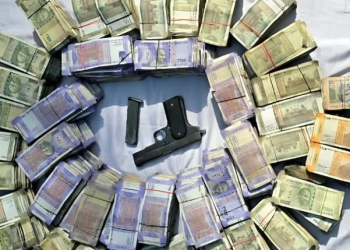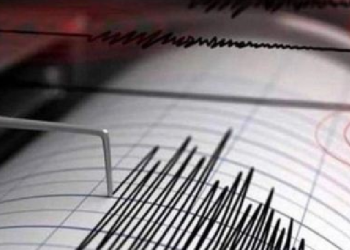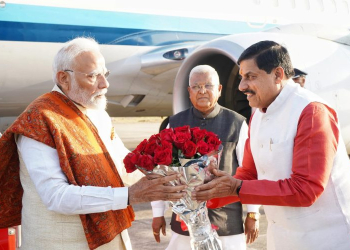Mumbai: Prime Narendra Modi on Tuesday said that the work of the media and newspapers is to deliver news and educate the masses if there are any lapses in society and the government.
“It is their duty to bring such shortcomings to the fore…. But, as much as the media has the right to criticise, it also has an equally important responsibility to bring positive news to the fore,” Modi exhorted.
He was speaking at the bicentennial celebrations of ‘Mumbai Samachar’ — a Gujarati daily, published from Mumbai continuously for the past 200 years and now ranking among the 50 oldest newspapers in the world.
In this context, Modi lauded the manner in which journalists worked like ‘karmayogis’ during the past 2 years of the Corona pandemic which will be remembered forever.
“The positive contribution of India’s media helped India a lot in dealing with this biggest crisis of 100 years. He also lauded the media’s role in promoting initiatives like digital payment and Swachh Bharat Abhiyan,” said Modi.
The Prime Minister said that this country has a rich tradition that is carried forward through the medium of debates and discussions.
“For thousands of years, we have conducted healthy debate, healthy criticism and right reasoning as a part of the social system. We have open and healthy discussions on very difficult social topics. This has been the practice of India, which we have to strengthen,” he said.
In his address, Chief Minister Uddhav Thackeray expressed amazement that a Gujarati language newspaper could be published for a staggering two centuries in a state where Marathi is the main language of the masses.
“This is the beauty of Mumbai which has assimilated all languages and cultures which thrive here… we also know the challenges and travails of running a newspaper,” said Thackeray, lauding ‘Mumbai Samachar’ for its contributions to the city, state, nation and the overall media, and vowing to start reading it from “tomorrow”.
On the occasion, Modi released a commemorative India Post stamp on the two-century old paper, which the city’s Gujarati-speaking communities comprising Gujaratis, Jains, Dawoodi Bohras, Khojas, Memons and others, swear by.
‘Mumbai Samachar’ started as a weekly on July 1, 1822 by Fardunjee Marzbanji, and later after several ‘avatars’, became a daily in 1832, and has been continuously printed and published from its headquarters in the Fort area of south Mumbai for the past 200 years.
(IANS)



















